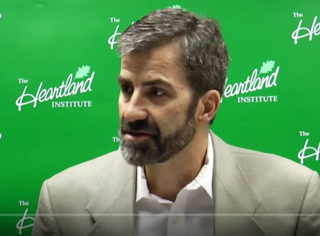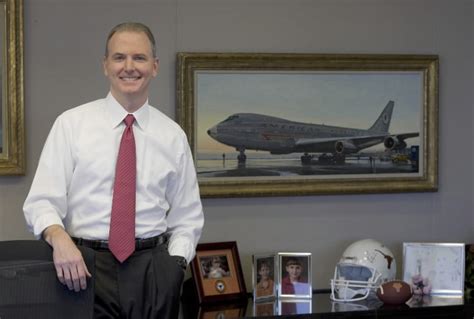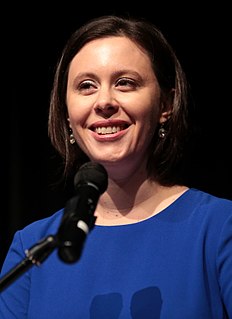A Quote by Michael O'Rielly
The use of automated technology generally translates into lower costs, freeing up resources for more efficient uses, including lower prices.
Related Quotes
The benefits of a modest warming would outweigh the costs - by $8.4 billion a year in 1990 dollars by the year 2060, according to Robert Mendelsohn at Yale University - thanks to longer growing seasons, more wood fiber production, lower construction costs, lower mortality rates, and lower rates of morbidity (illness).
Exporting oil would not drive up prices at the pump. American drivers buy refined products, which the U.S. already exports. Many studies - from a range of institutions and government agencies, including the Congressional Budget Office and the Energy Information Administration - have shown that lifting the export ban could actually lower gas prices.
Including health care. We're going to end up with better health care at a lower price. People are going to pay less and they're going to have a lower deductible.You know, the biggest - the second biggest problem, other than premiums, with Obamacare is the deductibles. They're so high, nobody's going to get to use them.




































